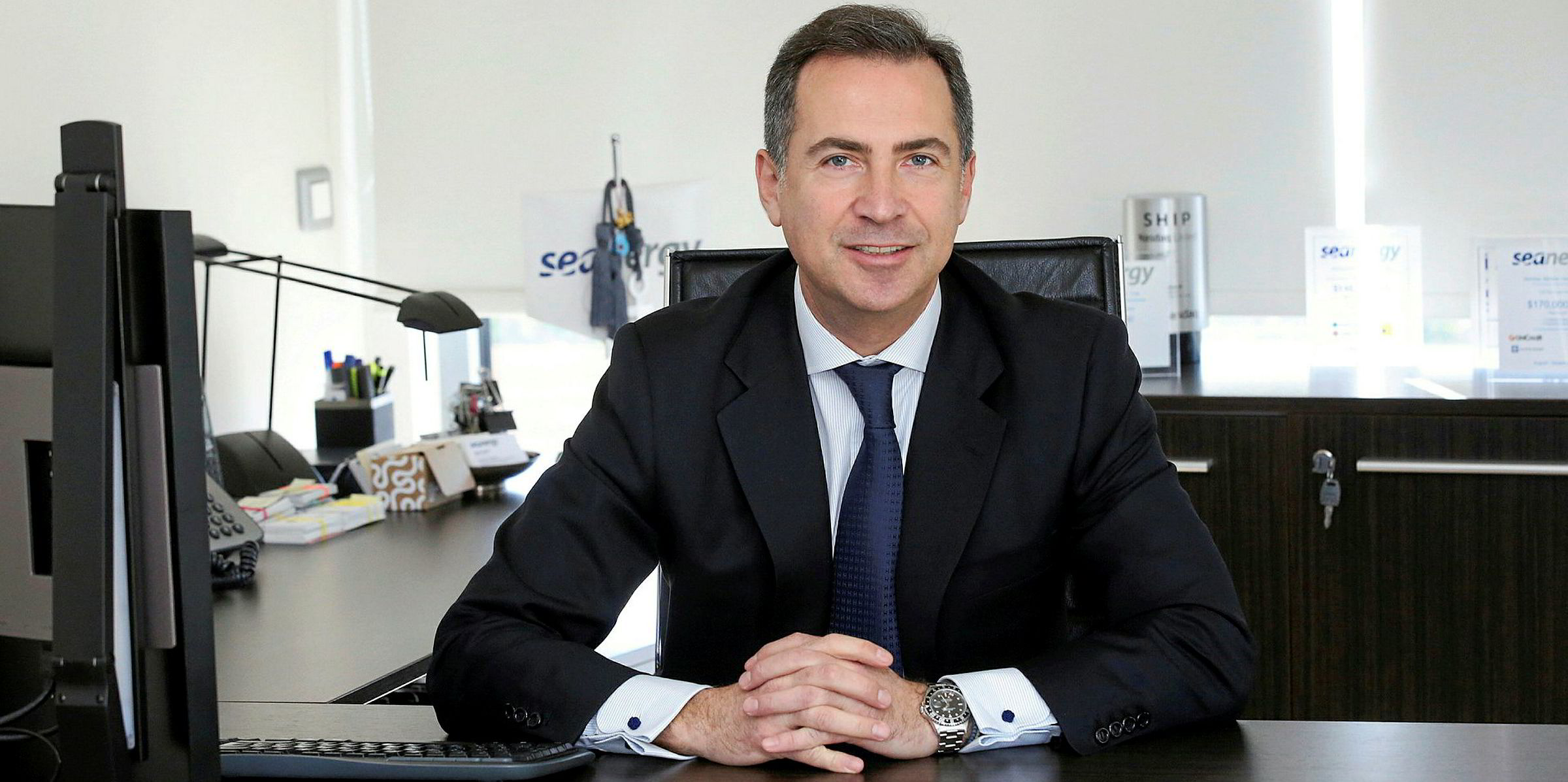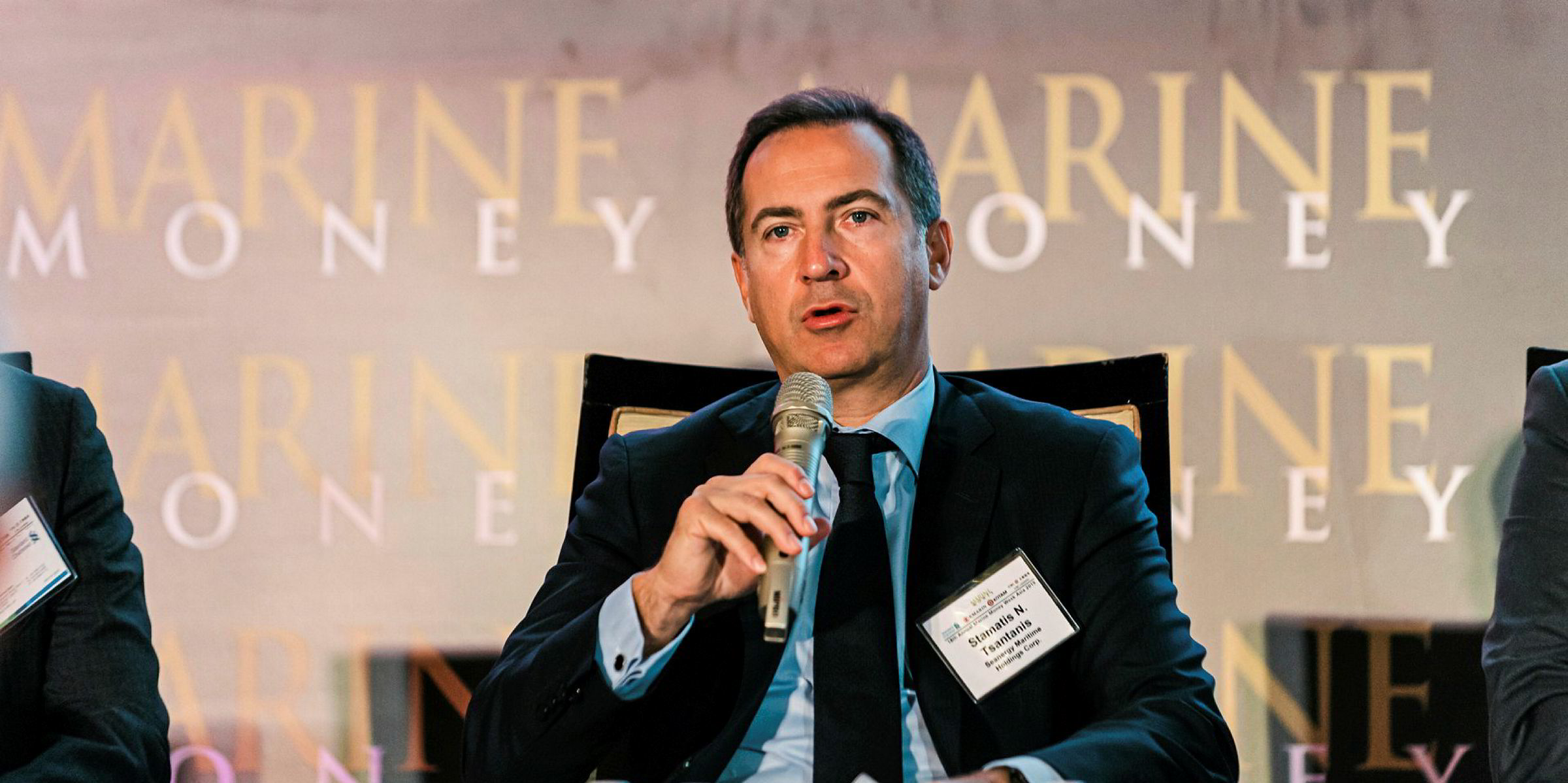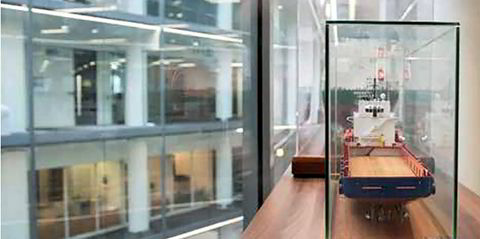It has been a strange year for trading shipping stocks, and an episode last week involving Greek dry bulk owner Seanergy Maritime has made it even stranger.
Seanergy, which began the year exchanging 95,000 shares in a day, turned over 629m units on 23 June after a New York-based internet blogger proclaimed to his 1.5m Twitter followers that he had invested because he liked the ticker symbol: SHIP.
Penny pushers
The owner is among a pack of Greek “penny stocks” priced well below $1 but rapidly expanding shares counts through dilutive sales at anaemic price levels, with underwriting by US investment bank Maxim Group.
Seanergy has built up a base of 485m shares after selling about $50m worth of stock so far this year, paving the way for a trading day like the one last week.
But the man behind the explosion of interest in recent days appears to be Dave Portnoy, the iconoclastic founder of Barstool Sports, a popular culture blog in the US.
Portnoy has turned high-profile day trader during the three-plus months of coronavirus lockdown as live sports disappeared.
The millionaire entrepreneur has been tweeting his investments as “Davy Day Trader Global” to followers with the warning: “I’m not a financial advisor. Don’t trust anything I say about stocks.”
With that backdrop, Portnoy has been betting heavily on cruise and airline equities, and felt moved to expand into Seanergy.
“I bought the stock SHIP simply because I consider myself the king of the cruises and wanted all ship stocks. I literally couldn’t afford not to own those letters. It’s up 45% today,” Portnoy tweeted on 23 June.
He followed that with: “PS – I got no clue what it actually is.”
Among the hundreds who replied to Portnoy was shipping investor/analyst J Mintzmyer of Value Investor’s Edge, who explained that Seanergy carries dry bulk commodities like iron ore, not people.
“If that’s what you wanted to buy, for say a global recovery bet, then Star Bulk, Genco Shipping & Trading, Eagle Bulk and Golden Ocean are bigger, more legit ones,” Mintzmyer wrote, referring to each by its ticker symbol.
At the end of the day, Seanergy was up 33% to $0.28.
The elevated turnover continued for the rest of the week with days of 338m, 229m and 243m shares. But Seanergy was still at $0.28, until it fell to a close of $0.17 on Monday after announcing it would conduct a 16-for-1 reverse shares split on Tuesday.
The wild volumes recalled some of the April trading levels surrounding Nordic American Tankers (NAT).
The retail-investor favourite went berserk after founder and chief executive Herbjorn Hansson appeared on US cable TV pundit Jim Cramer’s “Mad Money” programme.
On 28 April, NAT churned a record 110m shares worth $807m. While even that shares volume is dwarfed by Seanergy, the dollar volume is not.
At a closing price of $0.28, Seanergy’s big trading day was worth $176m.
NAT is shipping’s most traded equity outside of the “penny stock” basket, with an average daily volume around 12m shares.
The Seanergy episode appeared to be shipping’s latest brush with free-trading online platforms such as Robinhood, which have become popular with millennials having no previous knowledge of the sector.
Still, when TradeWinds contacted Seanergy chief executive Stamatis Tsantanis this week, he wanted to discuss his company’s financial fundamentals, not the Portnoy factor.
“We indeed noticed the increased volumes,” Tsantanis said in an email message.
“According to our information, SHIP was one of the very few companies trading on Nasdaq at very low price per share but with a real substance on the balance sheet.
“Most companies trading at high volumes at pennies on the dollar are usually ultra-low market cap with minimal shareholders equity. Our market cap reached $135m last week, our shareholders equity is approximately $69m and our total capitalisation stands at circa $285m. So I guess it was a combination of low price/share and real substance.”
While Tsantanis suggested some positives, Seanergy has been managing high debt levels and the need to renegotiate upcoming maturities.
Its 10 capesizes have a combined market value of $170m, according to VesselsValue, while the company has $210m in total debt, per a research note on Monday by Noble Capital.
The Seanergy share that closed at $0.17 on Monday was worth $10,575 on the first day of trading on 30 January 2008 when adjusted for splits, according to the Yahoo Finance website.










